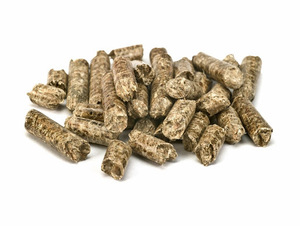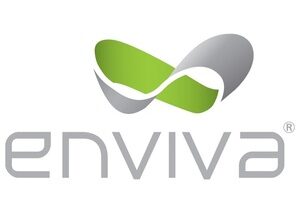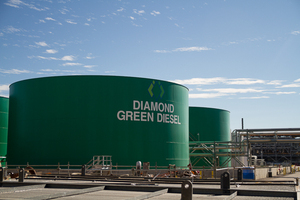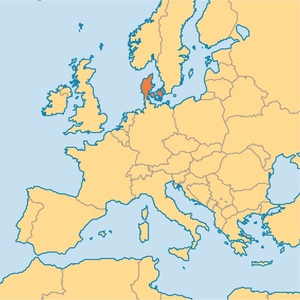Pinnacle, Drax shareholders approve planned acquisition
Energy Disrupter
ADVERTISEMENT
Pinnacle Renewable Energy Inc. and Drax Group plc. on March 31 each announced shareholder approval for the planned acquisition of Pinnacle by Drax. The transaction is expected to close in April 2021.
The two companies first announced the planned acquisition in February. Under the agreement, Drax, through its wholly owed subsidiary Drax Canadian Holdings Inc., will acquire all of the issued and outstanding common shares of Pinnacle for C$11.30 in cash per share.
Nearly 96 percent of Pinnacles shares voted in favor of a resolution approving the transaction. Drax shares voted 99.9 percent in favor of a resolution approving the acquisition.
Pinnacle said it anticipates returning to the Supreme Court of British Columbia on April 6 to seek a final order of the court approving the acquisition arrangement.
Pinnacle is the second largest producer of industrial wood pellets in the world. The company operates nine production facilities in Western Canada and one in Alabama. An additional facility is under construction in Alabama, with more in development. Pinnacle also owns a port terminal in Prince Rupert, British Columbia.
The transaction will boost Drax’s wood pellet production capacity by 2.9 million metric tons. With the addition of Pinnacle’s 11 sites, Drax will own 17 pellet plants and development projects. This will give Drax the capacity to produce 4.9 million metric tons of wood pellets annually from 2022, with access to four deep water port facilities and three major wood fiber baskets.
In February, Drax said the acquisition accelerates its strategic objective to increase its available self-supply of sustainable biomass to 5 million metric tons per year and reduce the cost of biomass to £50/MWh by 2027. Of the total production capacity, 2.9 million metric tons will be available for Drax’s self-supply requirements in 2022, increasing to 3.4 million metric tons by 2027. Drax said it aims to increase the level of third-party sales and further expand its capacity to meet its target of 5 million metric tons of self-supply by 2027.
















